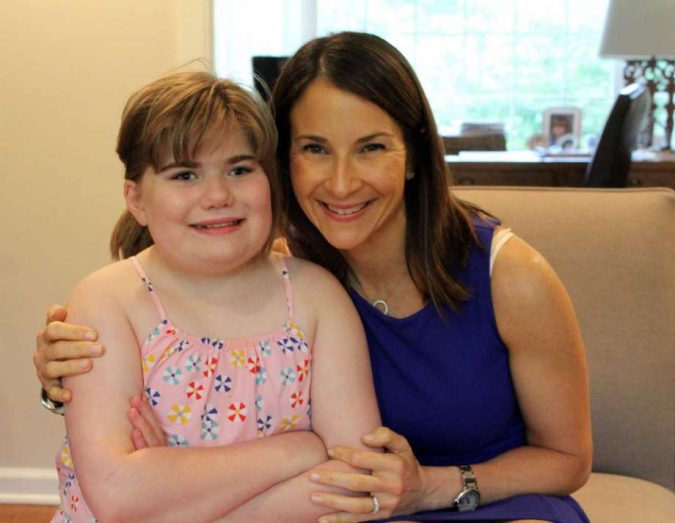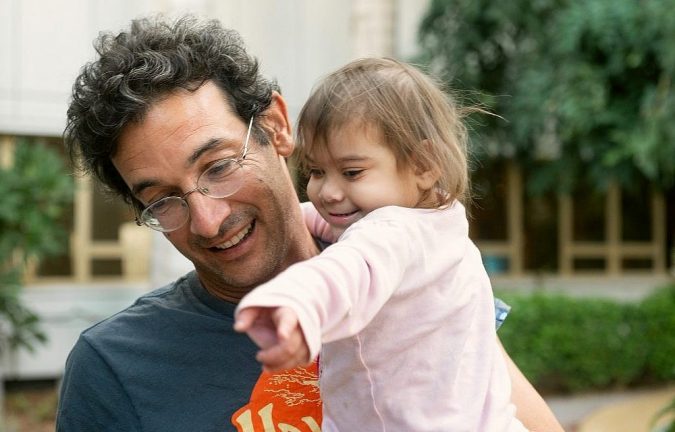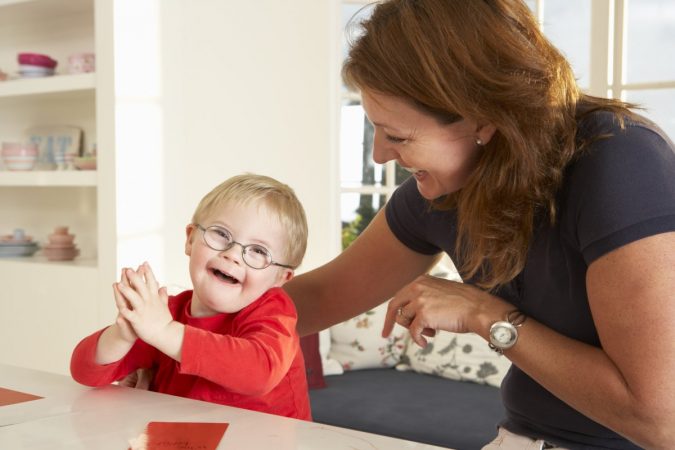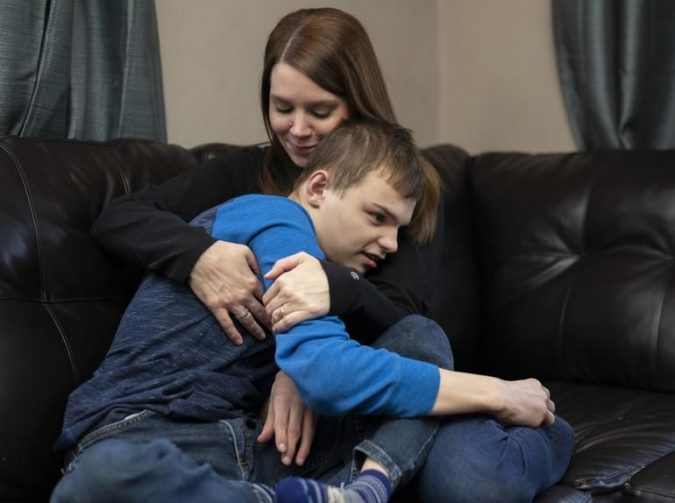We all want to show support for parents whose child has a lifelong health issue, but this can be especially demanding if the child has a rare genetic disorder. With over 6,000 genetic disorders, it’s easy to say or do the wrong things and create hurt feelings. Unfortunately, it’s not always easy showing you care. Life can impede the best intentions. You’re often busy taking care of your own family, doing your own chores and errands, or working at a demanding job.
Still, if you’re close to the family, they may expect you to show care and concern. For instance, the child may be your nephew or niece, or the parents may be close family friends. You also have to remember that the parents may be feeling vulnerable and over-react to everything. So, with that in mind, here are five tips to help your show support for the parents of a child with an inherited disorder.
1 Understand the Situation
It’s fine to ask the parent or child naïve questions. It’s better than making an assumption. For instance, don’t assume the child can’t manage certain intellectual or physical tasks. When you understand the nature of the genetic disorder, as well as what the family is going through, you’ll be in a far better position to show support. By staying aware, you won’t make a difficult situation worse.
2 Avoid Insensitive Comments
It’s easy to say the wrong things to people who feel vulnerable. For instance, in some genetic diseases like Angelman syndrome, a child is often blissfully unaware of any problems. They may smile and laugh often. They have an unusually happy demeanor. In fact, this genetic disorder is sometimes called “the happy puppet syndrome.” When relating to the child, it’s insensitive to ask why they’re happy. Rather than saying something that will offend, listen to how the parents speak to their child. Model their way of engaging with the child.
3 Refrain from Giving Advice
Don’t give advice on how the parents should take care of their child. From your point of view, you think they may be too strict or too lenient. Or, you think they may not be consulting with the right medical authorities. Or, you think they may be sending their child to the wrong school. Or, you think they may be joining the wrong support groups. Regardless of the circumstances, avoid dispensing advice. For all you know, the parents simply may be applying the advice they got from a doctor or child counselor.
4 Make Life Easier for the Family
If the child is part of your own family, say a nephew or niece, show your support by making life easier for the parents. This might be as simple as listening as your brother or sister share their frustrations or distress. It might also be something practical, like going with the family to a medical appointment or a meeting with a teacher. Your patience and kindness will be a source of deep comfort.
5 Be There to Celebrate Milestones
The parents may consider the smallest things a child does a major milestone, and the family may want to celebrate this achievement. Rather than sticking to your other commitments, be there for the family by joining their celebration party.
By following these five guidelines, you’ll avoid saying the wrong things or acting insensitively. Although many genetic diseases are rare, they usually require lifelong care. If you are close to the parents, you’ll require considerable tact to show your support.

















